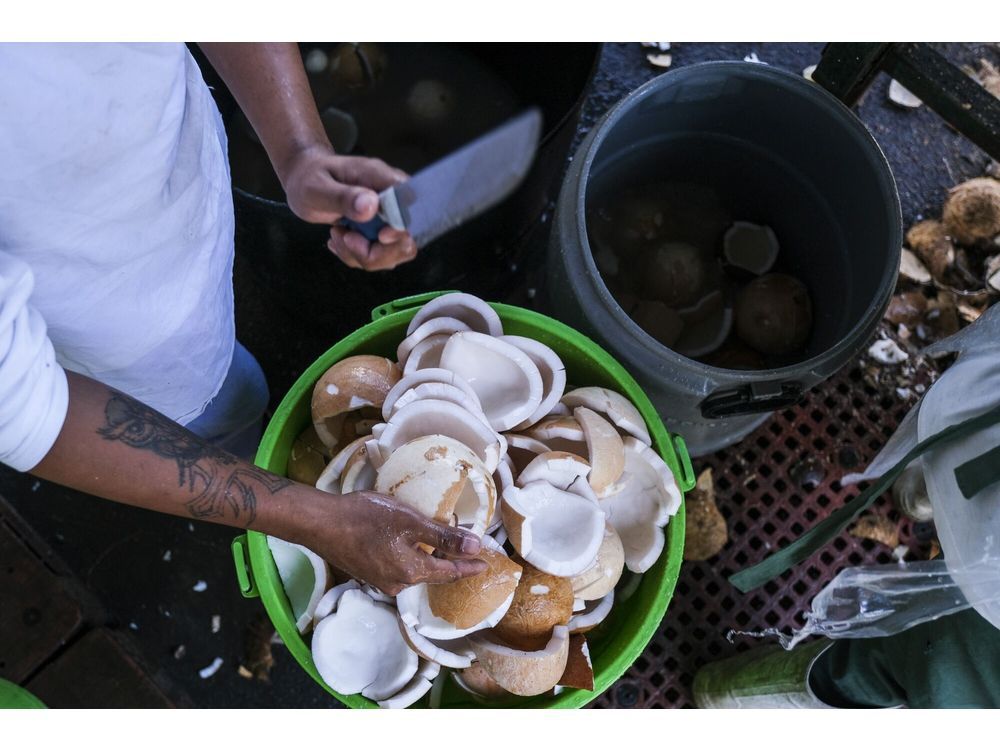There are a lot of things in life that are out of our control – natural disasters, job losses, and health emergencies. That’s why it’s so important to have an emergency fund saved up. This is money that you can access quickly in case of an unexpected event. In this blog post, we will discuss the importance of having an emergency fund and provide tips on how to set up one.
What is an emergency fund?
An emergency fund is a financial resource that you have set aside in case of an unexpected event. It should be easily accessible, so it is best to keep the funds in a separate bank account. The purpose of an emergency fund is to provide financial security and help you manage any unexpected costs that you may incur.
How does an emergency fund work?
When it comes to setting up an emergency fund, the amount of money you save will depend on your personal circumstances. Generally, financial experts recommend that you save at least three to six months’ worth of your income. This will help ensure that you have enough money to cover basic expenses in the event of an emergency.
When it comes to saving, it’s important to set realistic goals and understand that building up your emergency fund will take time. Start small and try to save at least a few dollars each month until you reach your goal. Consider automating your savings so that money is automatically transferred into your separate emergency fund account each month.
Why is an emergency fund important?
Having an emergency fund in place can provide peace of mind and help you prepare for any unexpected expenses. It can also help you avoid taking on debt or relying on credit cards in the event of an emergency. Lastly, it can help you avoid having to dip into your retirement savings or other investments, which can be detrimental to your long-term financial goals.
How to set up an emergency fund
1-Set a goal: Determine how much money you want to save and what your timeline is for reaching that goal.
2-Establish a separate bank account: Open a separate savings account that is designated solely for your emergency fund. Make sure it is easily accessible and has no fees or minimums.
3-Automate your savings: Set up a recurring transfer into your emergency fund account each month.
4-Rebalance your budget: Review your budget and look for areas where you can cut back expenses in order to free up money to put toward your emergency fund.
5-Track your progress: Keep track of how much you’ve saved and celebrate when you reach milestones on your way to reaching your goal.
What can I use my emergency fund for?
Your emergency fund should only be used for unexpected events, such as job loss, major illness, or natural disaster. It is not meant to cover regular expenses like rent and bills. Understand that your emergency fund should be used only in an absolute emergency, so it’s important to think carefully before using the money.
FAQs
What is an emergency fund savings account?
An emergency fund savings account is a separate bank account that you have set aside exclusively for unexpected expenses. It should be easily accessible, so it is best to keep the funds in a separate bank account.
How much should I save in my emergency fund?
Financial experts generally recommend that you save at least three to six months’ worth of your income in an emergency fund. This will help ensure that you have enough money to cover basic expenses in the event of an emergency.
How can I put money into my emergency fund?
You can set up a recurring transfer into your emergency fund account each month or transfer money as needed. It is also important to review your budget and look for areas where you can cut back expenses in order to free up money to put toward your emergency fund.
When can I use my emergency fund?
Your emergency fund should only be used for unexpected events, such as job loss, major illness, or natural disaster. It is not meant to cover regular expenses like rent and bills. Understand that your emergency fund should be used only in an absolute emergency, so it’s important to think carefully before using the money.
What should I do if I need to use my emergency fund?
If you find yourself in the unfortunate situation of needing to use your emergency fund, be sure to keep track of your expenses. Make sure that you are only spending what is absolutely necessary and consider ways to cut back on expenses or find additional sources of income. This can help you replenish your emergency fund and ensure that you are financially prepared for emergencies in the future.
How to start an emergency fund?
The first step to starting an emergency fund is to determine how much money you want to save and what your timeline is for reaching that goal. After that, you can open a separate savings account specifically for your emergency fund and set up a recurring transfer into the account each month. Additionally, it is important to review your budget and look for areas where you can cut back expenses in order to free up money that can be put toward your emergency fund. Finally, make sure to track your progress and celebrate when you reach milestones on your way to reaching your goal.
Are there other ways to save for an emergency fund?
Yes! Another way to build up your emergency fund is to take on additional side jobs or freelance work. You can also sell items you no longer need or use, or look for other opportunities like rewards programs or redeeming points to help build up your emergency fund. Additionally, there are some apps and online services that can help you manage your money and track your progress as well.
Are there tax benefits for having an emergency fund?
No, there are no tax benefits for having an emergency fund. However, the money in your emergency fund is not subject to income tax, and you can withdraw it without penalty in times of need. Additionally, having an emergency fund can help reduce your overall stress level and provide you with peace of mind knowing that you have a cushion in case of an unexpected event.
Are there other ways to prepare for an emergency?
Yes, aside from having an emergency fund in place, there are other things you can do to prepare for an emergency. It is important to create an emergency plan for your family, which should include things like identifying safe places to stay and evacuation routes. Additionally, it is important to have an emergency kit ready with supplies like flashlights, extra batteries, a first-aid kit, and non-perishable food items. Having a plan in place will help ensure that you are prepared for whatever life throws your way.
Are there any organizations that provide help for emergencies?
Yes, there are a number of organizations that can provide assistance in times of need. For example, the Red Cross provides emergency relief for families affected by natural disasters. Additionally, the Salvation Army offers support in a variety of ways, including providing food and shelter to those in need. There are also a number of charities and non-profit organizations that can provide assistance in times of emergency, so be sure to research what is available in your area.
Are there any government programs that can help with emergencies?
Yes, the federal government offers a number of programs to provide assistance during an emergency. For example, the Federal Emergency Management Agency (FEMA) provides financial assistance for individuals and families affected by natural disasters such as floods and hurricanes. Additionally, the Supplemental Nutrition Assistance Program (SNAP) can provide food assistance during times of need. It is important to check with your local government or relief agency to see what programs may be available in your area.
Conclusion
Having an emergency fund is essential for financial security and peace of mind. Though it may take time to save up, it’s important to set aside money in case of an unexpected event. Set realistic goals and try to save a few dollars each month until you reach your target amount. Don’t forget to automate your savings so that money is transferred into your emergency fund each month. With an emergency fund set up, you can have peace of mind that you’ll be able to manage any unexpected costs.
Further questions
What's your question? Ask it in the discussion forum
Have an answer to the questions below? Post it here or in the forum



